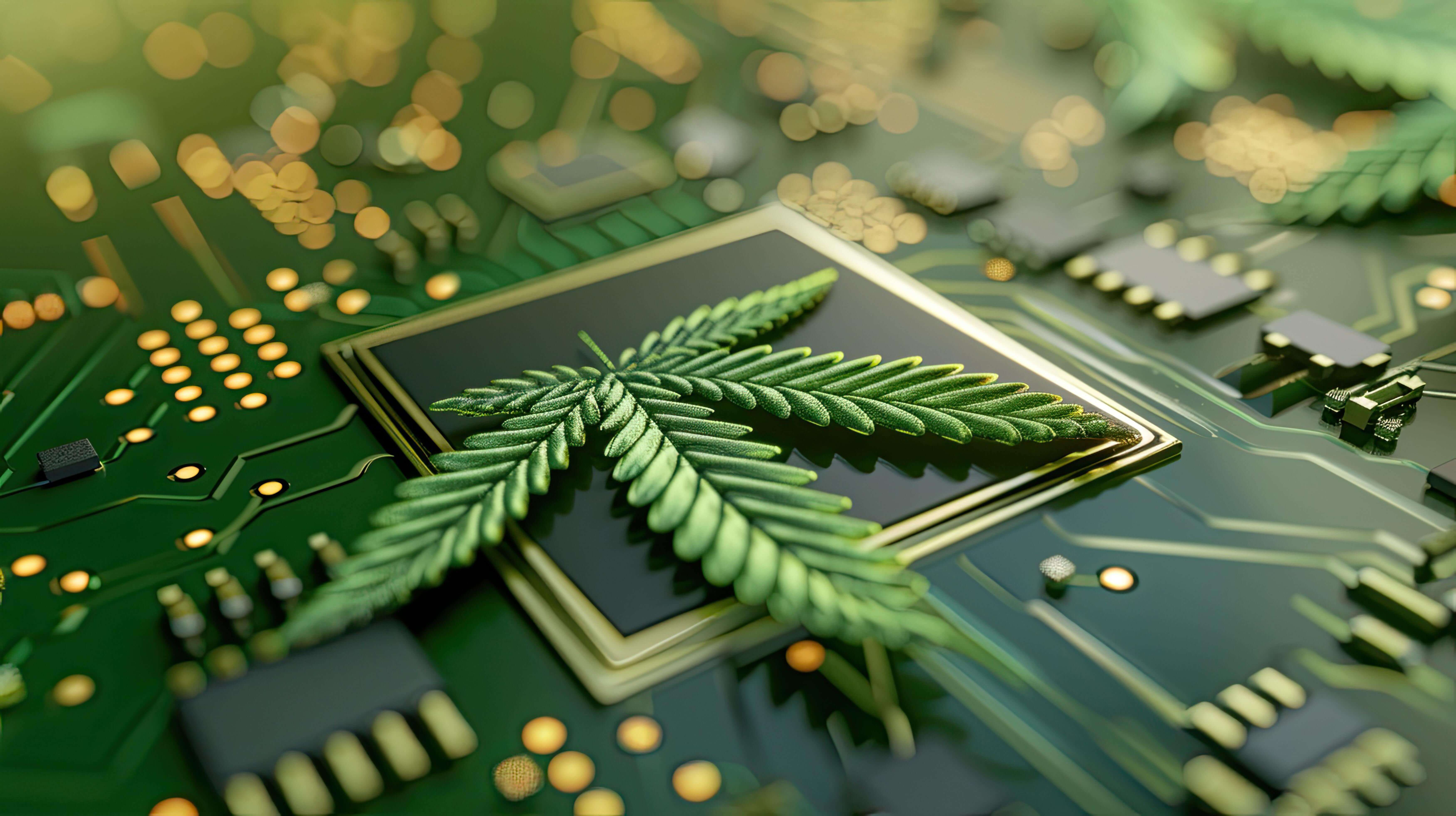Sustainability and Eco-Friendly Materials in PCB Manufacturing
In recent years, the electronics industry has faced increasing pressure to adopt sustainable practices. As environmental concerns grow, the demand for eco-friendly materials and processes in printed circuit board (PCB) manufacturing has become more prominent. This blog explores the importance of sustainability in PCBs and highlights innovative materials and practices that are shaping the future of the industry.
The Importance of Sustainability in PCB Manufacturing
Sustainability in PCB manufacturing is crucial for several reasons:
- Environmental Impact: Traditional PCB materials and processes often involve harmful chemicals and generate significant waste. Transitioning to eco-friendly alternatives can reduce the overall environmental footprint.
- Regulatory Compliance: Governments and organizations worldwide are implementing stricter regulations regarding electronic waste and hazardous materials. Adopting sustainable practices helps companies stay compliant and avoid penalties.
- Consumer Demand: As consumers become more environmentally conscious, they are increasingly favoring products from companies that demonstrate a commitment to sustainability.
Eco-Friendly Materials for PCBs
1. Biodegradable Substrates
Biodegradable materials, such as polylactic acid (PLA) and other bioplastics, are emerging as alternatives to traditional FR-4 substrates. These materials can decompose naturally, reducing waste in landfills.
2. Water-Soluble Materials
Water-soluble materials for solder masks and other PCB components minimize the use of harsh solvents and chemicals. These materials are easier to dispose of and often less toxic than traditional options.
3. Recycled Materials
Utilizing recycled materials in PCB manufacturing, such as recycled copper and plastics, reduces the need for virgin resources. This practice not only conserves natural resources but also lowers energy consumption during production.
4. Low-Impact Chemicals
Innovative companies are developing low-impact chemicals for cleaning and etching processes in PCB manufacturing. These chemicals reduce harmful emissions and improve worker safety while maintaining effective performance.
Sustainable Manufacturing Processes
1. Energy Efficiency
Investing in energy-efficient machinery and practices can significantly reduce the carbon footprint of PCB manufacturing. Techniques such as optimized production schedules and waste heat recovery contribute to energy savings.
2. Waste Reduction
Implementing lean manufacturing principles can help minimize waste throughout the production process. By optimizing workflows and materials usage, companies can reduce scrap and improve overall efficiency.
3. Closed-Loop Systems
Adopting closed-loop systems in manufacturing allows for the recycling of materials within the production process. For example, reclaiming chemicals and metals can drastically reduce the amount of waste generated.
Challenges and Solutions
While the transition to sustainable practices in PCB manufacturing is essential, it is not without challenges:
- Cost: Eco-friendly materials and processes may initially be more expensive than traditional options. However, the long-term benefits, including compliance and consumer trust, can outweigh these costs.
- Performance: Concerns about the performance and reliability of eco-friendly materials persist. Ongoing research and development are essential to ensure that these alternatives meet industry standards.
- Supply Chain Limitations: The availability of sustainable materials can be limited. Establishing strong partnerships with suppliers focused on sustainability can help mitigate these issues.
Conclusion
As the PCB industry continues to evolve, the push for sustainability and eco-friendly materials is becoming increasingly vital. By adopting innovative materials and manufacturing processes, companies can reduce their environmental impact while meeting the demands of conscious consumers. Embracing sustainability is not just a trend; it is a necessary step toward a more responsible and resilient electronics industry.







